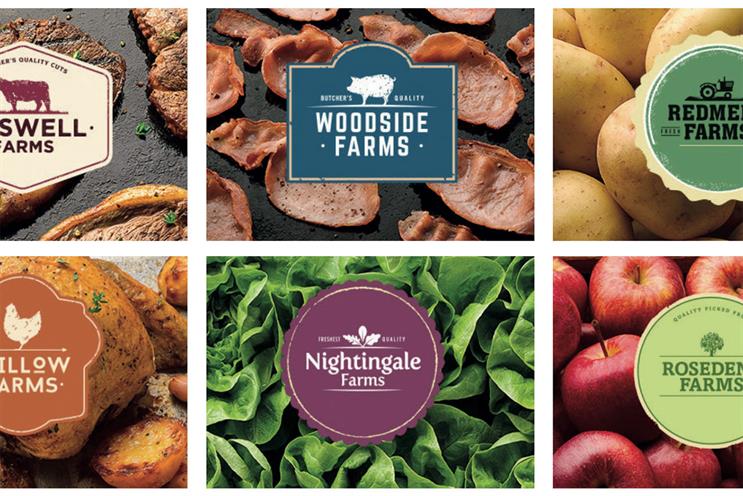
The retailer is today getting involved in #Farm24, inviting hundreds of the farmers it works with into stores to meet the public.
#Farm24 is a day of action by the UK farming industry to improve consumers’ awareness of the effort that goes into producing food.
It’s tomorrow, a day for everyone in UK agriculture to tell their story. Meet Sarah from Fairburns farm . .
— Morrisons (@Morrisons)
Unlike its rivals in the "big four" – Tesco, Sainsbury’s and Asda – Morrisons is a major fresh food manufacturer, and buys more food directly from farmers.
It has now said explicitly that in order to ensure consumers have confidence that the food they buy comes from British farms, it will not use the names of fictional farms on its fresh range.
The move will have no actual practical impact, as Morrisons does not currently have any such products. But it will reignite criticism in particular of Tesco, which last year introduced a series of seven farm brands for its value fresh produce range, with each brand corresponding to a category of fresh fruit, veg and meat.
The brands were criticised by the National Farmers’ Union, which referred Tesco to trading standards on the basis that the branding gave the impression the products were British, when some of them were in fact imported.
Asda later followed Tesco by rebranding its Smart Price fresh food range as Farm Stores – a move also criticised by the NFU.
The announcement from Morrisons is not the first time the supermarket has sought to position itself as being on the side of farmers. Last month, it pledged to in future only sell British meat.
In 2015, it launched "Milk for farmers", a higher-priced milk that would give an extra 10p per litre to dairy farmers. for not making clear that the additional money would not go entirely to British farmers, however.
Joe Mannion, head of British livestock at Morrisons, said: "Real farmers have an important role to play in explaining to customers how important real British food is, and how customers can tell whether food is from the UK or not.
"Supermarket customers are sometimes presented with misleading images of farmers on their food and we believe that by meeting our real farmers, customers will see and value that we know where our food comes from."



.jpg)


.jpg)